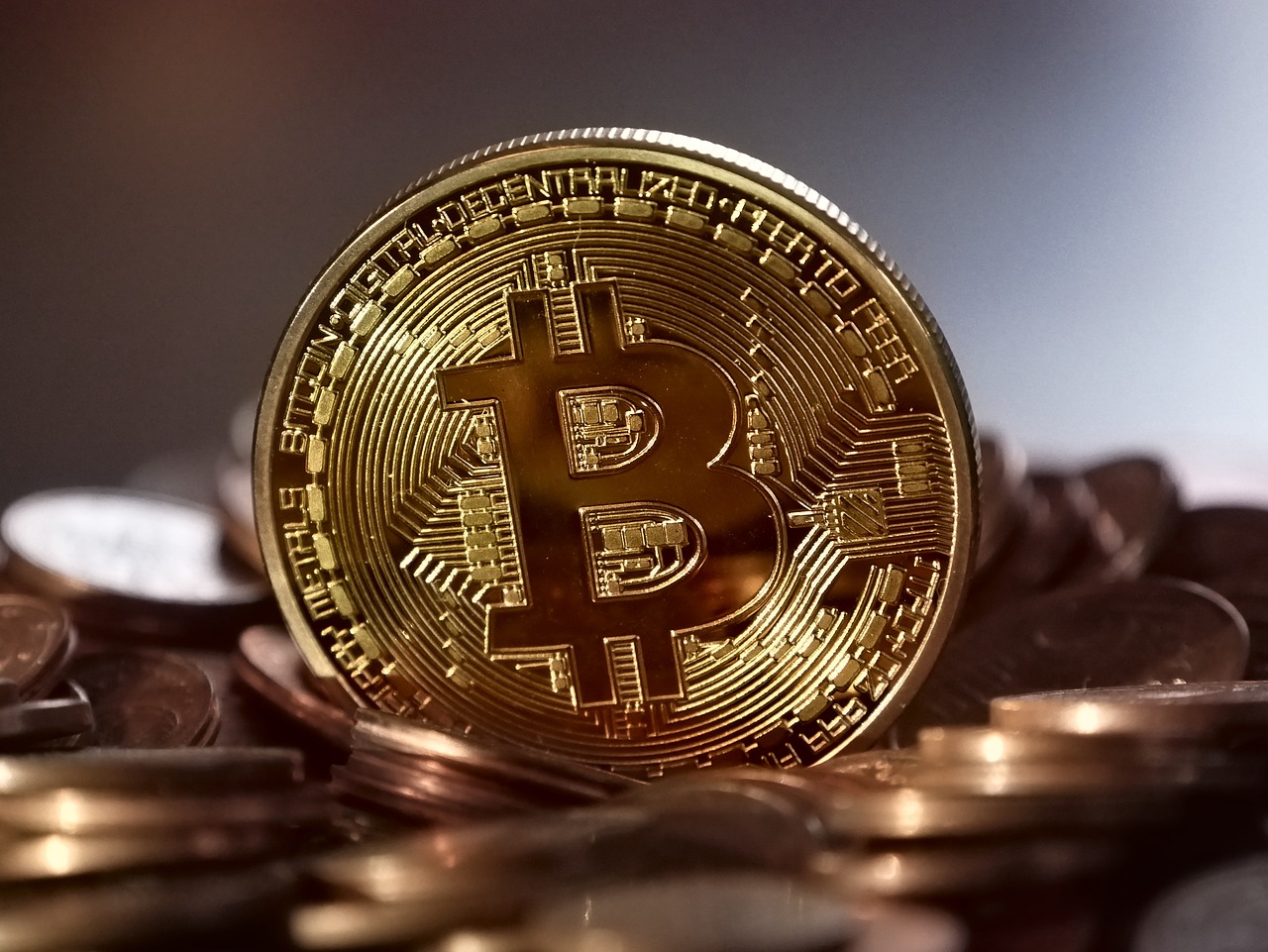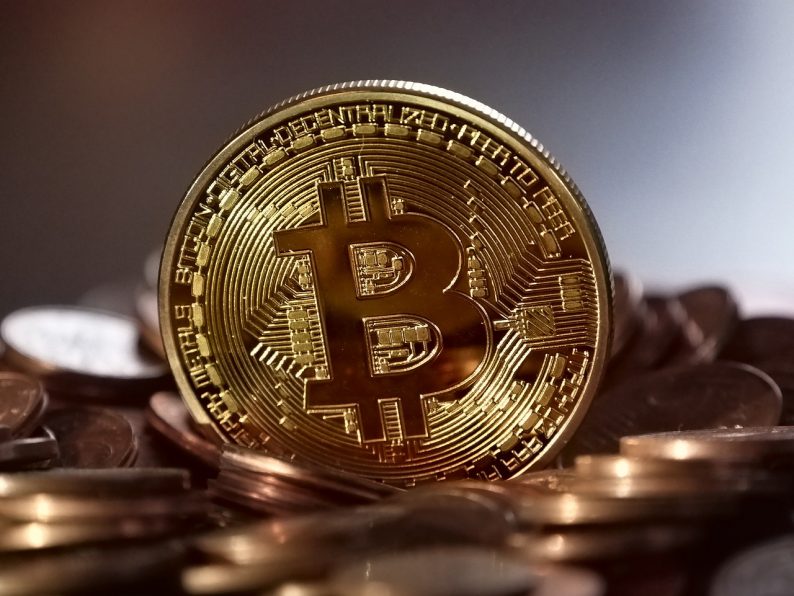Officials in India are investigating the possibility of subjecting cryptocurrencies to the income tax. That might make India one of the first major nations to start collecting income tax on altcoin assets.

MichaelWuensch/Pixabay
“We are looking at collecting information about modus operandi of bitcoin exchanges, investors, their source of investment and possibility of collecting tax,” Surabhi Ahluwalia, a spokesperson for the Central Board of Direct Taxes, told Reuters earlier this month.
The recent high bitcoin prices have apparently attracted the board’s attention, Quartz reported. Volumes at some Indian cryptocurrency exchanges have doubled in the past month.
Several Indian cryptocurrency exchanges, including Zebpay, Coinome, Unocoin, Coinsecure, and Koinex, may have been contacted by tax officials. The officials are looking into owners of large amounts of cryptocurrency, Unocoin CEO Sathvik Vishwanath told Quartz.
Officials might consider earnings on cryptocurrency as capital gains, another exchange executive told Quartz. Coinsecure reported that it had received requests for data in order to consider bitcoin’s potential as a taxable asset.
“The top people who have made maximum gains are the ones who are going to be under the scanner,” an unidentified Indian tax lawyer told Quartz.
India might subject cryptocurrency to the income tax
The Indian government plans to collect a 5% tax on individual incomes that exceed 250,000 rupees ($3,902.50) in 2018. That tax goes up to 20% for incomes between 500,001 rupees ($7,805.02) and 10 million rupees ($15,610), and to 30% for incomes over 10 million rupees.
So far, tax officials in India have ignored cryptocurrency. That might change because of recent news stories about the explosive growth of cryptocurrency exchanges.
Interest in cryptocurrencies has soared on the subcontinent, and The Economic Times reported that the Android-based Zebpay was adding 2,500 users a day in May 2017. One reason for the interest in cryptocurrency in India was Prime Minister Narendra Modi’s decision to declare 86% of the cash in the country worthless through demonetization in November 2016. The main pretext for demonetization was to combat money laundering and increase the tax base. Demonetization has convinced many Indians to start searching for alternatives to paper cash.













Leave A Comment